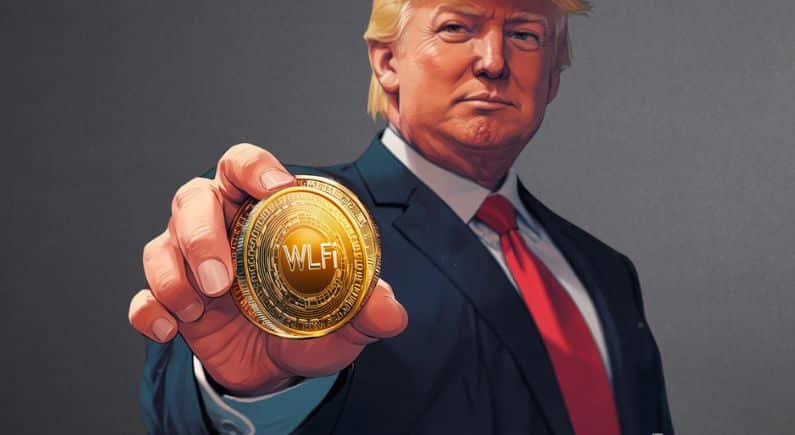Bitcoin’s triumph over gold

In recent years, Bitcoin has emerged as a formidable player in the financial world, outperforming traditional assets like gold. Anthony Pompliano, a prominent Bitcoin investor, recently shed light on this phenomenon in an interview with CNBC. Pompliano, often known as “Pomp,” highlighted that despite significant market fluctuations, Bitcoin has demonstrated remarkable resilience and growth. He noted that Bitcoin’s value has surged by approximately 40 percent year-to-date. Since the last halving event four years ago, Bitcoin’s value has skyrocketed by an impressive 800 percent, rising from $8,000 to $64,000.
In contrast, gold, which has been a trusted store of value for centuries, has not fared as well in recent years. Over the past five years, gold’s value has increased by roughly 11 percent and is up only 7 percent year-to-date in 2024. Pompliano argued that those who have held gold over the past five years have lost purchasing power as inflation has outpaced gold’s performance.
This trend has led Pompliano to challenge the long-standing narrative of gold as a protector of purchasing power. He argued that Bitcoin has effectively debunked this narrative, proving itself as a reliable store of value within the last five years. Pompliano also outlined several key factors driving Bitcoin’s rise. Firstly, spot Bitcoin ETFs have been buying all available Bitcoin. Secondly, investors have been purchasing Bitcoin in anticipation of the upcoming halving event and the expected subsequent price surge. Lastly, he pointed to the U.S. government’s significant national debt problem and the debasement of the U.S. dollar.
However, Bitcoin’s journey has not been without its challenges. Over the weekend, Bitcoin experienced a sudden crash, which Pompliano attributed to fear-driven selling due to escalating tensions in the Middle East. Bitcoin’s rise in the face of economic and geopolitical challenges underscores its potential as a robust and reliable asset in the modern economy. As we move forward, it will be interesting to observe how Bitcoin continues to shape and influence the global financial sector.
Historical significance
Bitcoin, the world’s first cryptocurrency, has revolutionized the financial landscape since its inception by an anonymous individual known as Satoshi Nakamoto. Originally designed as a medium of exchange, Bitcoin is now primarily regarded as a store of value.
The history of Bitcoin is marked by its rapid growth to become a significant store of value both on- and offline. From the mid-2010s, some businesses began accepting Bitcoin in addition to traditional currencies. Bitcoin’s value has surged remarkably since the last halving event four years ago. Bitcoin’s initial support base consisted mostly of tech-savvy individuals, libertarians, and crypto-anarchists. Many of these individuals had been involved in digital cash experiments throughout the eighties and nineties. To them, Bitcoin was simply the latest in a long sequence of experiments in creating monetary systems that respected individual freedom and privacy. Bitcoin’s rise in the face of economic and geopolitical challenges reflect its potential as a robust and reliable asset in the modern economy.









